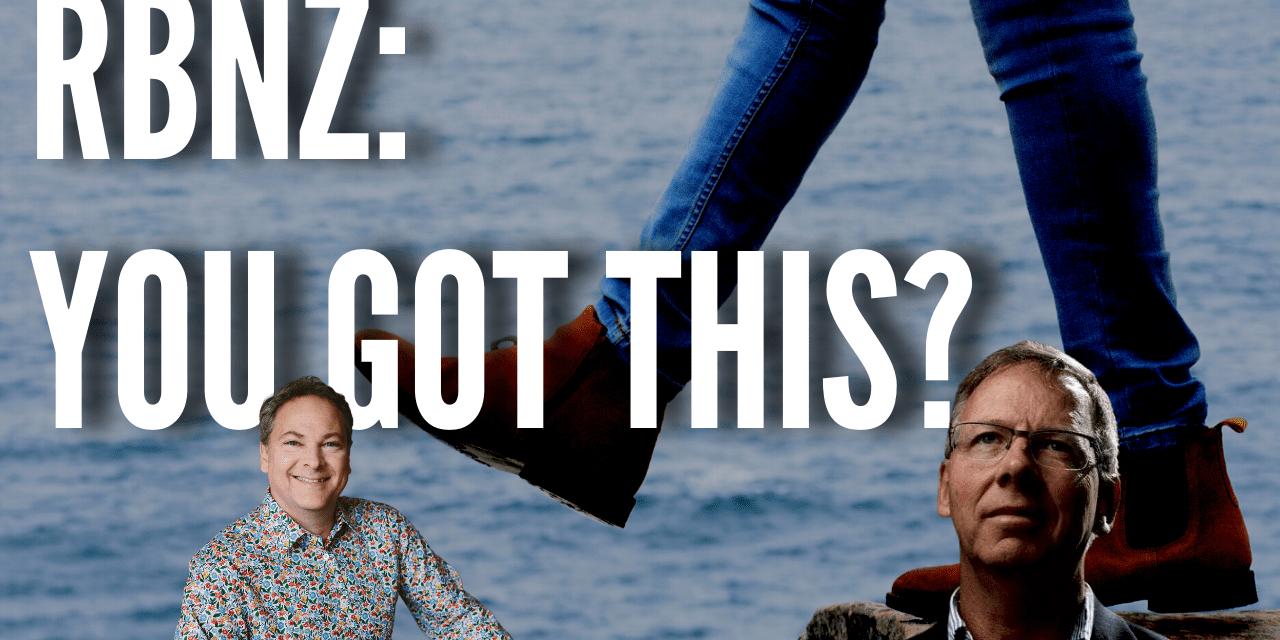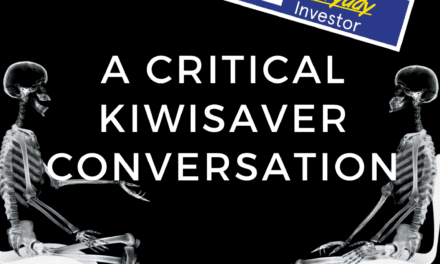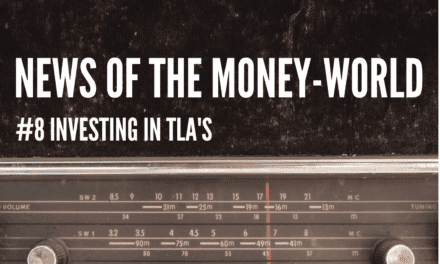Some would suggest the separation of church and state wasn’t about protecting the state from the church – it was the other way around.
Another organisation we may wish to keep separate from our government, is New Zealand’s Central Bank – As per the RBNZ website they say ‘We have statutory independence from the government. This means we have operational autonomy to achieve our long-term objectives for the financial system.
The Reserve Bank of NZ should indeed be separate from our government. The idea here is that no matter the election cycle, the government should never be tempted to step on the neck of the economy right up until 6 months prior to an election, which is the average length of time of the memory of most voters.
Without separation, the government may manipulate the economy to achieve a favorable election result. The contamination risk runs both way too – Imagine a small group of banking elite dictating to the government how and where to spend money that it ultimately owns the rails for. For the sake of sanity if nothing else, It’s quite a bit better to believe there is genuine independence of these two bodies, even if it’s not true, because the alternative’s kind of terrifying. Like picture this: Imagine if our real government is in fact an unelected group of bankers, networked throughout the world with other central bankers, who are all engaged in a deceitful act of ventriloquism through their puppet governments. That’s a muppet movie I’d take my kids to. What about the other way around too, where our very own government, who we elected to serve us, is simply part of coordinated and organised criminal network around the world engaged in theft through taxation and through the interest rate mechanism they ultimately control.
Although perhaps slightly naïve and ignorant at times, I choose to believe in the independence theory – for mental health reasons if nothing else.
So this is fertile ground for conspiracy’s you can see – and even before the GFC and Covid, I’ve never been fully satisfied with any explanation around the function, and ultimately the true end game of central banks or in the words of our central bank, the ‘long-term objectives for the financial system’ – like what does that really mean? Perhaps I’m looking too closely at this, and I certainly can’t say I’m in possession of all the information so please be aware this is partly uninformed speculation – it’s all I have while I still learn. But, when you see fingerprints you don’t recognise, you should pause and get that situational awareness up.
Like how about this – isn’t it a bit odd the speed and the magnitude at which there were strategies already in the oven ready and waiting to go, when share markets started to react to the pandemic. After years of trying to get the rate of inflation up, was this simply cover for what they wanted to do anyway? While we indeed have switched on operators here at the helm in NZ, someone somewhere came up with a strategy, and we adopted it, instead of doing our own thing– This has the fingerprint of something else.
I’ve always been fascinated by the cultural differences of Canada, where I’m from, and the US– and further it always bothers me when I see actors trying poorly to put on a fake north American accent – You can tell when something is, and when something is not, truly American. From what I can understand, there’s a strong American flavoured agenda being pushed through central banks throughout the world. So, is the RBNZ just a branch of the US Fed operating right here in NZ? Well, technically we know that’s not true, but in practice, when they talk the same, use the same tools, state the same objectives, and take the same actions, all at the same time…It’s not technical ownership that’s the question.
In this episode, we’re talking about how NZ’ers are currently footing an $8bn bill for implementing a strategy through a program that was ultimately designed for a different jurisdiction – the large scale asset purchase program. Now I could be very be wrong here so please, just treat this as another baseless allegation but if it’s true, I’m wondering if separation between the RBNZ and our government, is only the starting point. What if the RBNZ is effectively just a branch of a form of unelected government that’s engaged in a type of currency war hidden in plain sight which flies straight over most of our heads.
Smarter people than me should be talking about this, way more in financial media – until then though, I’ve got a bit of learning to do.
It’s easy to be critical in hindsight. Now, it seems like perhaps the Reserve Bank lowered the rates too soon, by too much, and then left it there for too long, all the while trying to create more liquidity even though it wasn’t required. I can’t really disagree with others when they say the RBNZ was justified in doing this based on the information they had at the time – I get it. Still, I don’t think it’s what they did that’s the issue here – the issue, is how much power they have to change our lives. Like we’re potentially heading straight on into a recession that’ll be blamed on Russia but was already in the pipeline due to the choices they made in this space – jobs will be lost / homes will be forced into mortgagee sales, and businesses decimated because we need to take monetary medicine for a sickness caused by their monetary experimentation.
As tragic as a deep recession could be, if things indeed go that far, I think everyday investors need to remember the play book here. If what I’ve described here is true, even just to some degree, wealth developers are in a prime position.
Now could be the start of the best time ever, to acquire the assets that will once again be inflated as Central Banks resume a long-term war against deflation.
The objectives for the financial system as far as I can see, is that it must preserve itself. As that plays out, the monetary shockwaves this creates, well you can ride them. It’s a clear cut case of how the game of investing isn’t 100% the same as what your parents, or even the financial advice community has taught us over the years.
If we’re building new wealth in the new world, these are institutions that expect our trust. Are they worthy of it? Perhaps not, but maybe the best strategy is to play along – because if enough people cease to believe in the separation between bank and state, well, then we have real problems.
Ignorance again is perhaps the best mortar for this house of cards.
My guest in this episode is Michael Reddell and he’s spent over 30 years doing economic analysis and policy advice at various places including our very own Reserve Bank, where he ran a number of areas, including Head of Financial Markets, he was responsible for monetary policy implementation, foreign reserves management, and the analysis of financial system risks. A better guest on today’s topic I may struggle to find. If you like this sort of stuff by the way, I can totally recommend you subscribe to Michael’s newsletter on Croaking Cassandra just check out the show notes.





